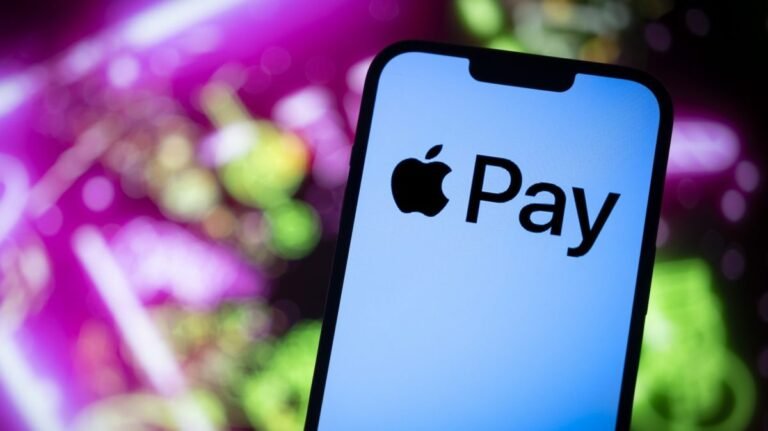
The one time that Europe is explicitly mentioned, however, is in relation to Apple’s grip on digital wallets, NFC and mobile payment technology within its iOS ecosystem.
For context, the EU filed charges against Apple in May 2022, concluding that Apple “abused a dominant position” around mobile wallets by preventing rival services from accessing the iPhone’s contactless NFC payment functionality.
For example, Apple allows merchants to use the iPhone’s NFC antenna to accept tap-to-pay payments from consumers.
Then there is cross-platform smartwatch compatibility, which the DOJ says Apple impedes by restricting certain features from third-party smartwatch makers.
However, NFC, digital wallets, and mobile payments are where they seem to be most neatly aligned on.

Apple Pay is no stranger to regulatory controversy.
PayPal — the payments behemoth that has substantial businesses in mobile transactions and point-of-sale technology — was apparently instrumental in the original EU complaint around Apple’s payment monopoly.
The DOJ’s argumentApple today takes a 0.15% fee on any transaction made via Apple Pay.
In the meantime, Apple has continued to develop Apple Pay, launching — for example — its own buy now, pay later offering last autumn (pictured above).
Apple Pay and Apple Wallet are both a small part of Apple’s services revenues — which were upwards of $90 billion in 2023 — or indeed overall revenues.
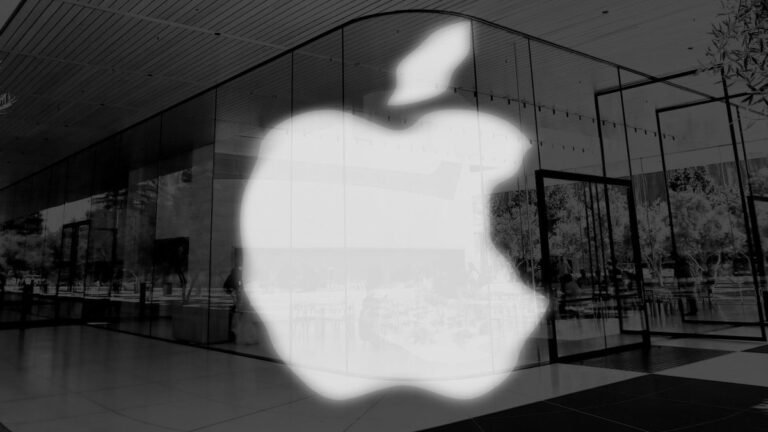
The Coalition for App Fairness (CAF) released a statement on Thursday cheering on the Department of Justice’s antitrust lawsuit against Apple.
The group includes a number of key app makers, including Epic Games, Spotify, Deezer, Match Group, Proton and others.
In 2020, Epic made it possible for Fortnite players to pay Epic directly, rather than giving a cut to Apple.
Then, Apple removed Epic from the App Store, which sparked a slew of legal proceedings.
In a statement, Apple said: “This lawsuit threatens who we are and the principles that set Apple products apart in fiercely competitive markets.

Meanwhile, Fortnite maker Epic Games has been accusing Apple’s iOS App Store of antitrust violations for years in an ongoing, arduous legal battle.
“Apple often enforces its App Store rules arbitrarily,” the suit says.
And unlike Android devices, iPhones do not allow for sideloading apps, meaning that Apple has control over any app in its App Store.
“While Apple has reduced the tax it collects from a subset of developers, Apple still extracts 30 percent from many app makers,” the suit says.
On Thursday, the Coalition for App Fairness (CAF) – which includes Epic Games, Spotify, Deezer, Proton and other companies – released a statement in favor of the DOJ’s action against Apple.
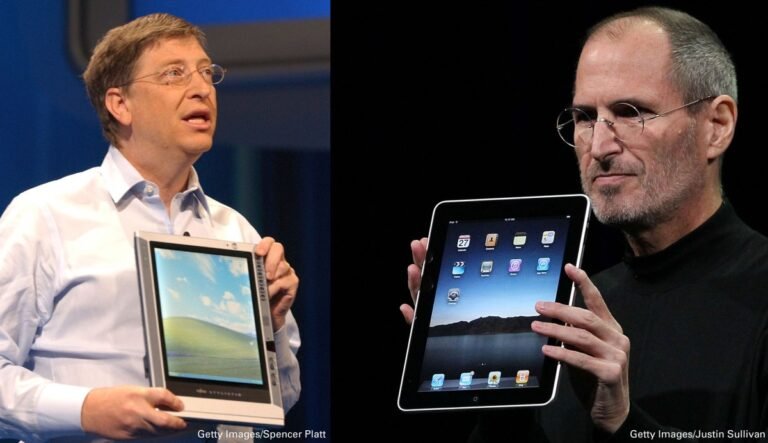
The suit alleges that the company has a monopoly in the premium smartphone market and uses a variety of illegal tactics to perpetuate that monopoly.
Apple’s monopoly position is not nearly as clear-cut.
Microsoft Windows had well over 90% market share in the relevant market of operating systems for personal computers.
This argument is important because Apple’s market share is much lower globally (only 23%, with number-two Samsung at 16%).
There’s also a host of circumstantial proof, such as Apple’s massive and durable profit margins on iPhone sales.
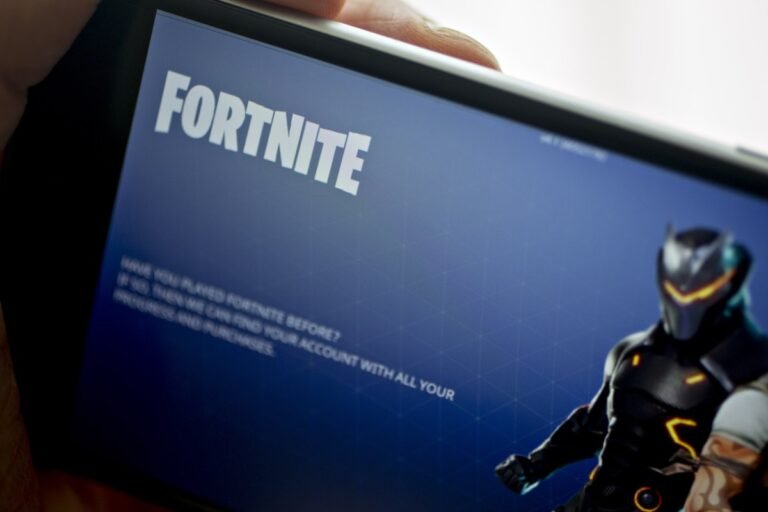
After terminating Epic Games’ developer account on Wednesday, Apple said it will reinstate the Fortnite maker’s access to publish iOS apps in Europe.
This means that Epic can move forward with its plans for an Epic Games Store, and it can bring Fortnite back to iOS in Europe.
Last month, Epic announced it would be able to bring Fortnite and the Epic Games Store back because of Europe’s Digital Markets Act (DMA).
“We are moving forward as planned to launch the Epic Games Store and bring Fortnite back to iOS in Europe.
But under the new DMA law, third-party marketplaces like the Epic Games Store can come to iOS, lessening Apple’s control over apps in Europe.
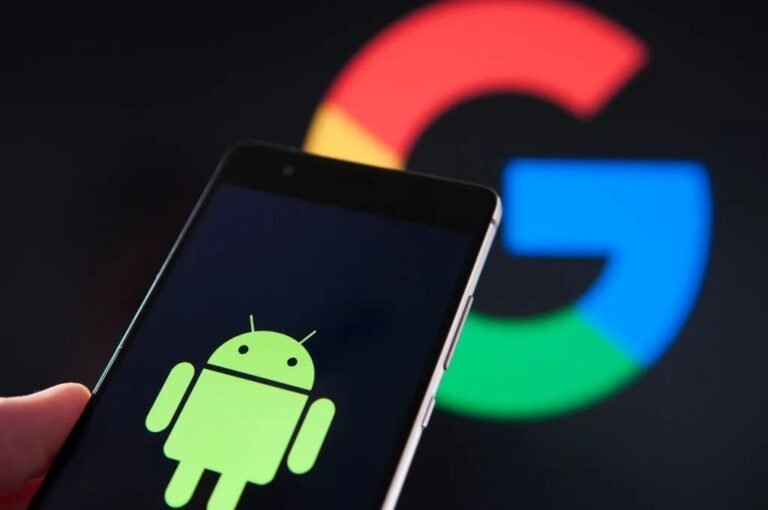
Apple says it plans to make it easier for customers to switch to Android as a result of the EU’s Digital Markets Act (DMA), which went into force today.
This solution is not yet available, but Apple is committing to having it ready by fall 2025, the company says.
On this front, Apple’s Data & Privacy website is being updated to allow users to export their App Store data to authorized third parties, the document says.
Today, would-be Android users can use Google’s “Switch to Android” iOS app to migrate important content, like contacts, calendars, photos, videos, messages, and more to a new Android device.
It’s unclear if Apple’s new solution will address these areas as Apple hasn’t yet said what, specifically, it aims to improve.
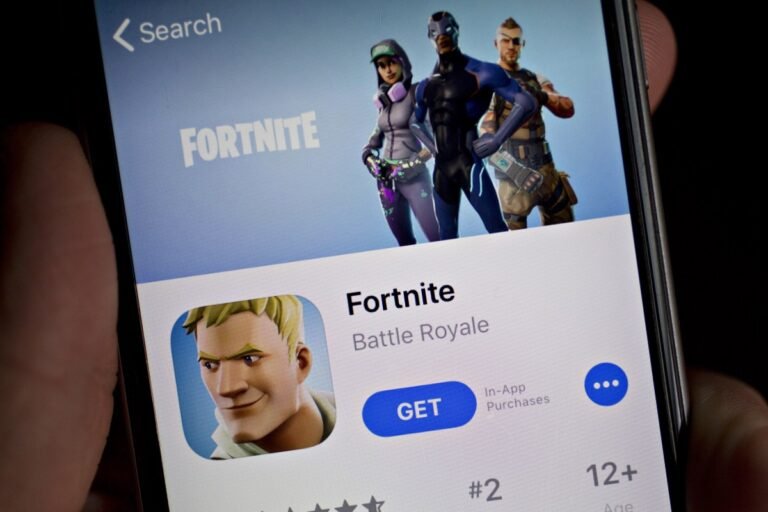
The European Union has confirmed it’s looking into Apple’s decision to close Epic Games’ developer account — citing three separate regulations which may apply.
Yesterday the Fortnite maker revealed Apple had terminated the account, apparently reversing a decision to approve the developer account last month.
Epic had planned to launch its own app store, the Epic Games Stores, on iOS in Europe, as well as relaunching Fortnight on Apple’s platform.
And it accused Apple of breaching the bloc’s Digital Markets Act (DMA) by killing its developer account.
The US court ruling Apple is citing to justify terminating Epic’s developer account is unlikely to have standing in the EU.
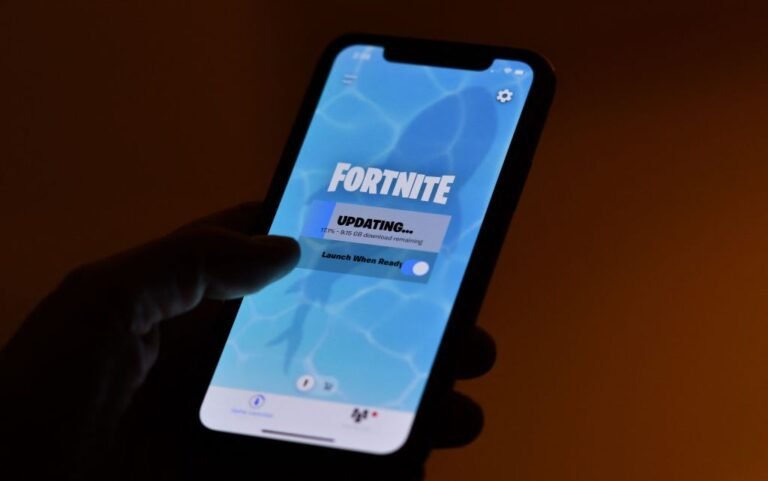
The Apple-Epic saga has just taken a new turn today as the Fortnite game developer, Epic Games, shared that Apple has terminated its developer account.
It was after agreeing to abide by its rules that Apple’s lawyers sent a letter terminating its Epic Games Sweden AB account.
Epic claims the tech giant is retaliating against it for speaking out, as a letter penned by Apple exec Phil Schiller indicates.
“You also testified that Epic deliberately violated Apple’s rules, to make a point and for financial gain.
It noted, too, that its company has contractual relationships with Apple going back to 2010 for Epic’s Games, Unreal Engine, and other creator tools and Apple itself has been a public supporter of Epic’s Unreal Engine.

However, Apple is today announcing a handful of smaller concessions driven by feedback from its app developer community, it says.
In addition, the move to opt into the DMA terms is no longer a one-way switch.
However, these changes don’t address the major complaints with Apple’s DMA rules, which involve reducing commissions on App Store purchases in favor of other new fees.
Before, Apple was requiring that corporations sign up each membership it controls if it chose to opt into the DMA rules.
It also says apps that don’t comply with its guidelines will be blocked from installation — including via alternative app marketplaces.













